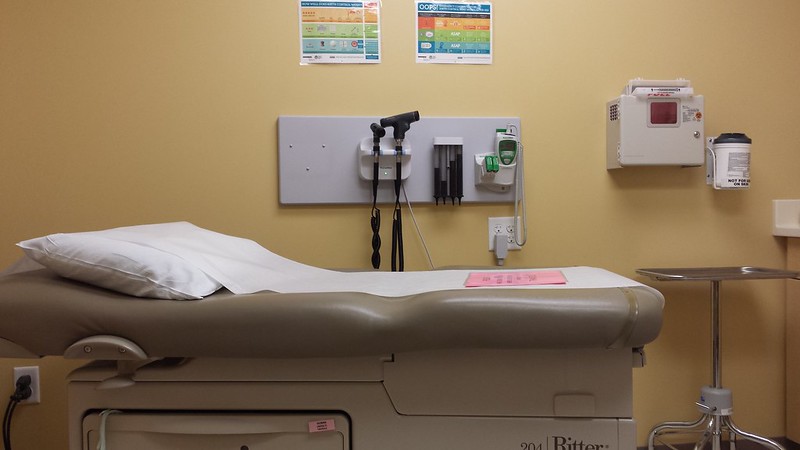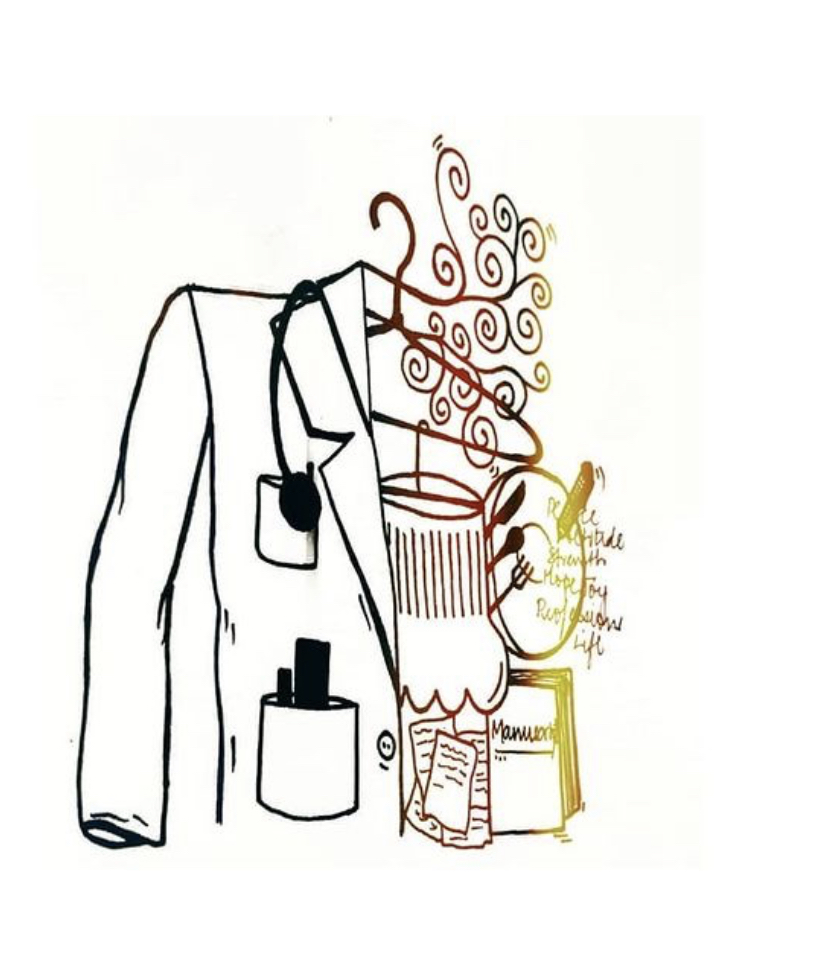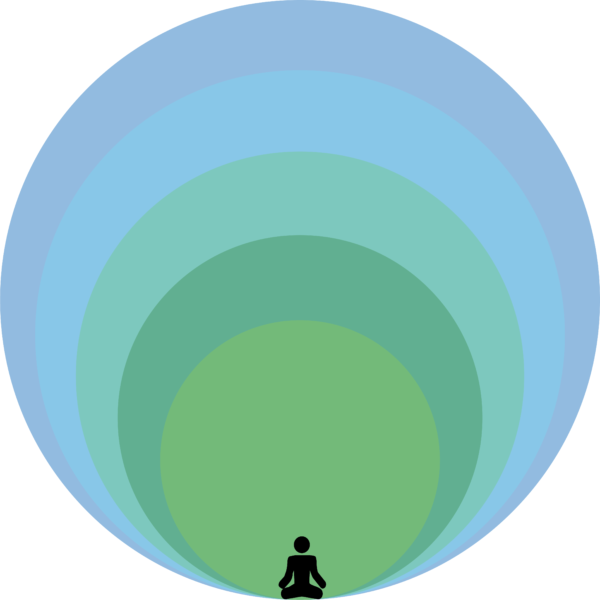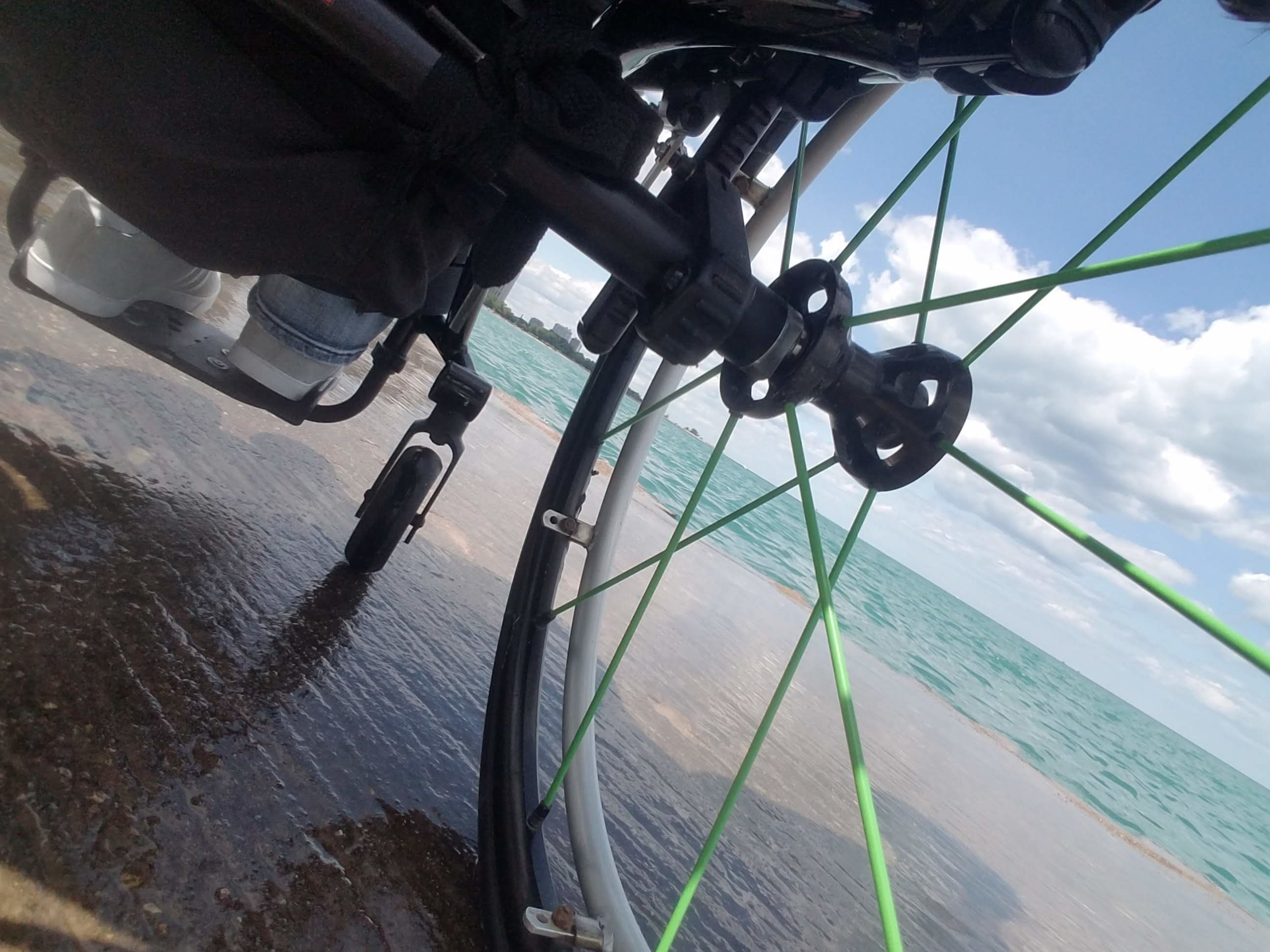Death, Dying and Suffering: The Need for Medical Education Reform
As she closed the door behind her, the palliative care geriatrician whom I (Meghan) was shadowing turned and said, “Remember, there are no difficult patients – just difficult situations.” We walked to our next patient, Mrs. C, who was suffering from congestive heart failure. All cures had been exhausted and she was tired of being at the hospital but was scared to enter hospice care. The doctor clasped hands with Mrs. C and explained that starting hospice did not mean giving up – it meant living life on her own terms in the time that was left. After these discussions, Mrs. C appeared more at ease and decided to pursue hospice care at her home.







